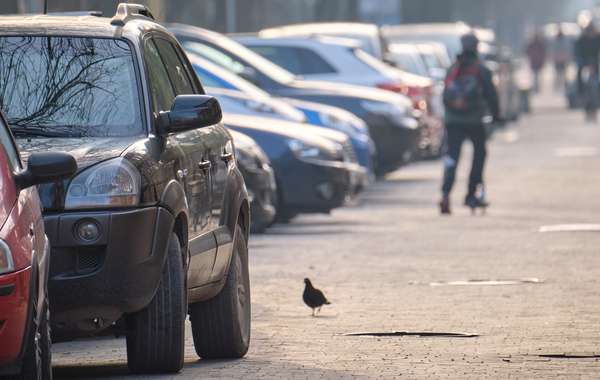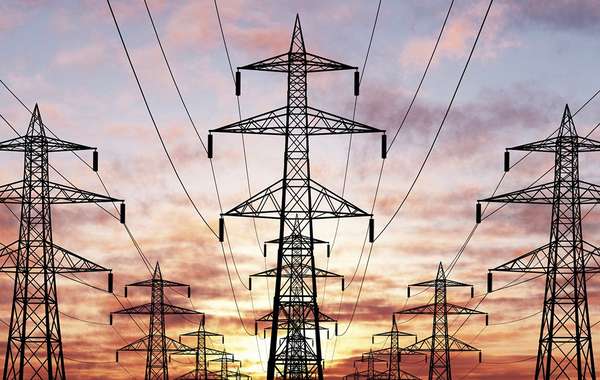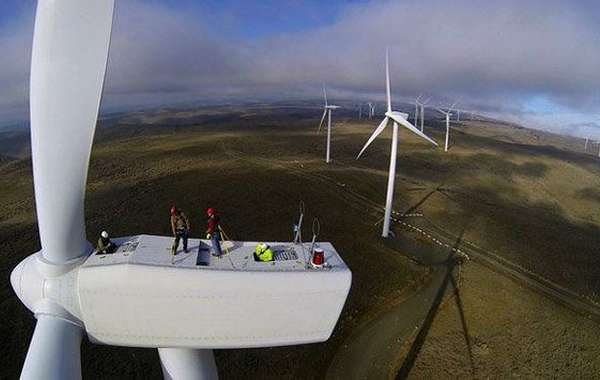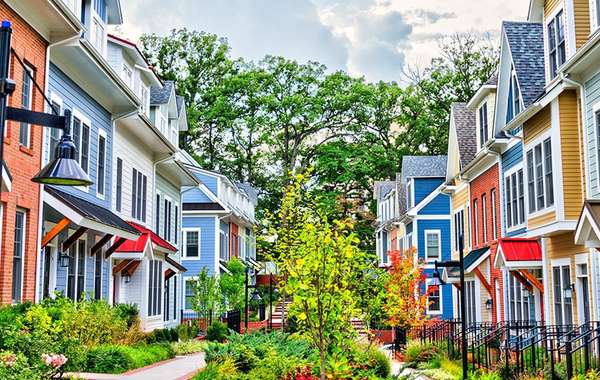There is no question that the best way to lower emissions as we scurry about a city is to travel by foot, bike or public transportation, yet it’s unlikely we will see the end of the personal vehicle anytime soon. Transit would need to become much more extensive and gas much more costly for us to see any significant reduction of cars on our roads. Even then, there are just too many people whose lifestyles and businesses can't function without a personal vehicle.

Electric vehicles (EVs) leave us with better air quality, they are relatively inexpensive to operate and prices continue to drop while the technology continues to advance. Hopefully EV’s will continue to take a larger market share, because therein lies the problem - for EVs to truly compete with gas powered cars there needs to be sufficient infrastructure for remote charging. With such a small percentage of vehicles on the road today being electric, the demand for charging infrastructure has been low. New regulations for vehicles in Canada by 2035 should bring rapid changes.
It is in fact quite likely that the market demand for electric vehicles is directly linked to the availability of infrastructure for remote charging, and vice versa. This unfortunate little stalemate may have something to do with why we still drive around at high speeds while sitting on a tank full of extremely explosive liquid, polluting the air we breathe and warming the planet. But, help is on the way...
Ontario's Liberal government will hand out $20 million in grants next year to help create a network of public charging stations for electric vehicles.
The province wants public and private sector partners to build fast-charging electric vehicle stations in cities, along highways and at workplaces, apartments and condominiums, said Premier Kathleen Wynne.
"This program is part of Ontario's new, $325-million green investment fund," Wynne announced Tuesday at the climate change talks in Paris. "We know that for electric vehicles to take off in Ontario there has to be the infrastructure in place."
That's from the CBC, read more here.
Quebec is also getting into the game, which is great news for a province that runs on hydroelectric power. Yes, the naysayers are right, a whole lot of land got flooded and a lot of methane gets released from it, but the damage is done so we might was well make the best of it.
The Quebec government has an ambitious plan for electric transportation in the province, including a goal of having 100,000 electric cars on our roads by 2020.
That's from the Montreal Gazette, read more here
There is still the issue of sticker price, there is some help coming on that front too -
Ontario has announced extra incentives for people who buy or lease electric vehicles that could boost available help to as much as $14,000.
- Again from the CBC, read more here.
The province of Quebec is offering rebates for electric vehicle purchases, $8,000 for a fully electric vehicle, and a sliding scale up to $8,000 for hybrids, depending on the capacity of the battery.
The downside to electric vehicles: the power doesn't come from thin air, that's the first thing to realize. If you burn coal or gas to generate power to charge a car, doesn't that mean you are still driving around on fossil fuels? Yep. However, it's likely most car charging will happen at off peak hours, either because it happens when you are home sleeping, or the added cost of peak hour charging will quickly make you adapt your habits. If gas stations doubled their prices during certain hours almost all of us would adjust a bit to fill up on the cheap. Read this guide to find out about electric vehicle charging, and whether to charge EVs in public places rather than at home.

Rare metals in batteries: Yes, there are rare and expensive metals that go into making car batteries, but those same metals are probably in the computer or phone you are staring at right now, and a lot of those are destined to claim a spot in a landfill.
If there is a shortage of lithium in the future, it won't be cars that are to blame as much as all the other batteries we don't recycle like phones, computers, flashlights and watch batteries.
A friendlier grid - some provinces already incorporate large amounts of renewable energy, that will only increase, making your car a little greener with every windmill that goes up.
As resources become more scarce they become more expensive, so there is little doubt that as we move into a future of electrically powered vehicles that the materials in spent batteries will be re-used.
Ecohome recently completed the Edelweiss House, the first LEED v4 Platinum in Canada, and having built it off the beaten path we included an EV charging station to lighten the added impact of its location. We've calculated that a 66 km a day commute in an electric vehicle would run about 91 cents, powered by Quebec's renewable hydroelectric power.
So are electric cars ideal? No, staying home is. And unless you are prepared to do that or only travel by bus, rail, foot or pedal, this is really the best option for dealing with the sizable mess we have created from driving, so plug in!
Now you know about tax credits for buying EVs, find out about government grants and incentives for green home upgrades in the Ecohome Building Guide and in these pages :
Sign up and learn all about the benefits of a free Ecohome Network Membership here! |





































Comments (0)
Sign Up to Comment